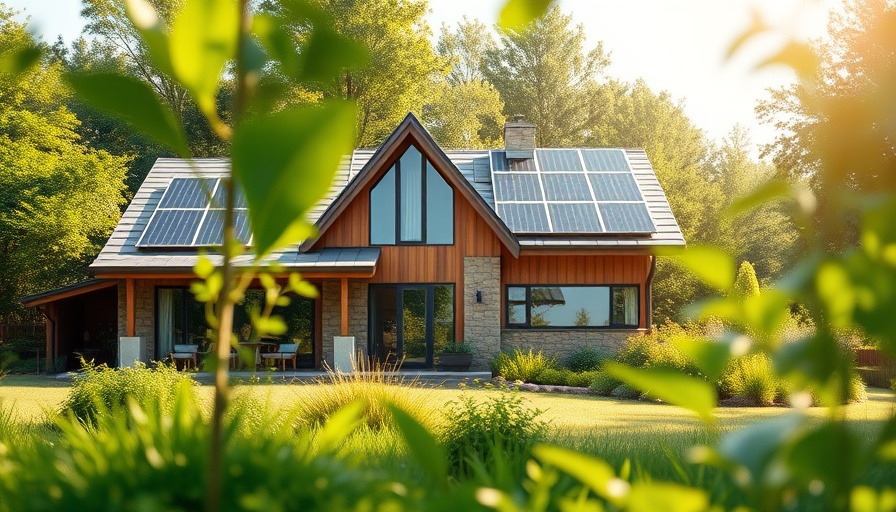
From Gold to Greens: A Shift in Citorek Kidul
In the hamlet of Citorek Kidul, Indonesia, the allure of gold mining has long captivated local miners like Dedi Supriadi. For years, they descended into the treacherous underground, risking their lives for the tantalizing glimmer of prosperity. However, as the dangers of illegal gold mining have become increasingly clear, many in the community are now turning their eyes to a safer and more sustainable future—farming.
The Dark Side of Illegal Mining
The mountainous region of Citorek Kidul, once rich with forest, now bears the scars of illegal gold mining. Villagers, motivated by economic hardship and lack of oversight, have plunged into small-scale mining operations, often using toxic chemicals like mercury and cyanide. “I’d rather stick to small-scale farming like this than go back to the mines,” said Supriadi, reflecting on his fear of deadly landslides that have become common as mining strips the mountains of their green cover.
Community Push for Sustainable Living
Despite the environmental degradation, there is a palpable eagerness among the miners to abandon their dangerous trades. Thanks to local agricultural officer Sukmadi Jaya Rukmana, initiatives to guide miners toward sustainable agriculture are gaining traction. "The transition is not just beneficial for the individuals but also forms a vital part of the community’s revival," he explains, advocating for traditional farming methods that promise a more sustainable livelihood.
The Role of Agriculture in a Sustainable Future
The shift back to farming offers numerous benefits, tapping into traditional practices cultivated over generations in Citorek. With a history rooted in agriculture, local residents can grow organic products such as aubergines and cucumbers while conserving water and reducing their ecological footprint. Sustainable farming practices not only promise food security but can also mitigate the environmental impact that illegal mining has wreaked on the area.
Regulatory Efforts and Community Engagement
Local authorities recognize the pressing need for stricter environmental regulations to curtail the harmful effects of illegal mining. In February, the Banten Regional Police arrested ten individuals for mining without licenses, showcasing the growing enforcement of laws intended to protect the environment. By emphasizing the importance of ethical consumerism and promoting responsible practices, the community is beginning to embrace a new identity that aligns with sustainability initiatives.
A Glimpse at Nature's Recovery
As more residents abandon mining for sustainable agriculture, there is hope for the natural landscape to begin its recovery. Reinstating green vegetation and employing practices like composting, crop rotation, and permaculture could not only help regenerate the ecosystem but also replenish the local biodiversity. The natural beauty of Citorek Kidul has the potential to become a fertile ground for eco-friendly tourism, bringing income without the costs associated with resource extraction.
What Lies Ahead for Citorek Kidul?
The trajectory for Citorek Kidul hinges on prioritizing education and awareness regarding sustainable practices. As the community becomes more invested in responsible consumption and sustainable living, they can serve as a model for other regions grappling with similar challenges. The collective shift toward green agriculture could usher in an era of resilience fueled by the very roots of their ancestry, encouraging a deeper understanding of ecological stewardship.
Join the Movement for a Greener Future
The narrative of Citorek Kidul reflects a wider global challenge—balancing economic needs with environmental stewardship. By supporting sustainable agriculture and making more conscious consumption choices, we can help communities like Citorek Kidul revive and thrive. Embrace eco-friendly products, participate in community gardens, and advocate for sustainability practices in your local area. Together, we can build a greener future.
 Add Row
Add Row  Add
Add 



Write A Comment